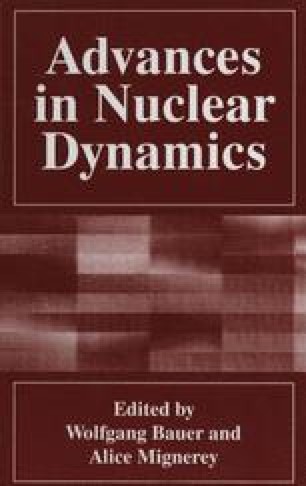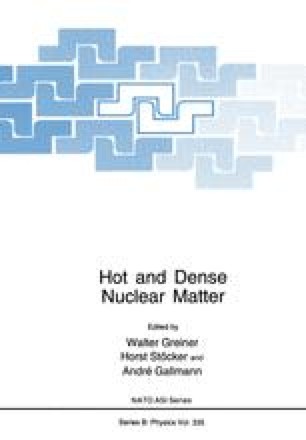Academic Publications/Books
Transforming School Education in Sri Lanka: from cut stones to polished jewels
Sri Lanka stands upon the threshold of two great transformations. The first transformation is the advancement and progress of the nation from a low-income country to a middle-income country. The second transformation is the transition of the nation from a country in conflict to a country in lasting peace. The general education sector is at the heart of these two great transformations. The school system makes a unique and foundational contribution to the economic development of a country. The school system also makes a unique and foundational contribution to the social development of a nation. As such, the general education sector, which covers primary and secondary education, can and should play a prominent role in the economic and social transformation of the country. According to the information Sri Lanka is one of the better performers among developing countries, with an adult literacy rate above the expected value for its level of per capita income. However, there are a number of countries in other regions of the world, at similar or lower levels of per capita income, that enjoy literacy rates above the predicted values for their levels of per capita income, and which display a performance on literacy superior to that of Sri Lanka. These include countries such as Bolivia, Indonesia, Mongolia and the Philippines. There are also countries that have higher per capita incomes than Sri Lanka and perform better on adult literacy, such as Argentina, Brazil, Costa Rica, Colombia, China, Thailand and Uruguay. Overall, Sri Lanka performs well, but not exceptionally so.
Strengthening Science Education in Sri Lanka
Scientific literacy is essential to stimulate an environment conducive to new knowledge generation, discovery and innovation. A quality school science education is central to building a scientifically literate population. Science education in Sri Lanka has progressed both quantitatively and qualitatively since the 1950s. Access to science education has grown steadily. This paper addresses the challenges to providing a good science education and considers pathways to the future. Policy initiatives supporting science education at present are considered. The science programme in schools is reviewed taking into account parameters such as curriculum, teaching and learning methods, learning assessments, teaching material and deployment and training of science teachers. First, learning achievements in science are assessed in the context of test scores in national assessments administered at grade eight. It is assumed that the national examinations are a suitable instrument to test learning outcomes and that at least in part reflect the quality of education.
Strengthening Mathematics Education in Sri Lanka
A well-informed and knowledgeable community is of vital importance for the economic and social development of a modem society. The knowledge and skills required for present day activities are much more complex than those required in the past. Today, many jobs require expert thinking and non-routine analytical skills, to identify and solve problems. Mathematics education focuses on developing a person’s analytical and problem solving abilities. Thus a high quality mathematics education win ensure that students develop the skills that are essential not only in science and technology, but also in everyday life and the workplace. The government of Sri Lanka, recognizing the need for a high quality mathematics education has implemented several reforms in the recent past. Although the progress achieved is commendable, there is still room for improvement in certain important aspects of the learning teaching process. The main aim of the mathematics curriculum under these reforms is to create individuals who are able to think mathematically and apply mathematical knowledge effectively and responsibly in problem solving and decision making.
An Impact Evaluation of Sri Lanka’s Policies to Improve the Performance of Schools and Primary School Students through its School Improvement and School Report Card Programs

The towers of learning: Performance, peril and promise of higher education in Sri Lanka
Sri Lanka is poised on the crest of two great waves of opportunity. The first wave can transform the nation from a low-income country to a middle-income country. The second wave can transform the nation from a country in conflict to a country at peace. The higher education sector can and must lead Sri Lanka successfully over the crests of these two waves of golden opportunity. Higher education institutions should drive and accelerate the country’s ascent to middle-income (MIC) status. Also, the higher education system should inspire the country’s values, ethics and social institutions so that Sri Lanka becomes celebrated as an enlightened and peaceful multi-ethnic, multi-religious and multi-cultural society. Sri Lanka’s future in the global knowledge economy of the twenty-first century depends critically on the country’s intellectual and human capital. The ability of people to think and act creatively, work industriously and productively, and innovate and adapt available technologies to strengthen economic activities is cardinally important in the modern world. In this context, Sri Lanka needs a higher education system that can produce skilled, hard-working and enterprising graduates. Also, the country needs research and innovation capacity capable of promoting dynamic economic development.
Treasures of the Education System in Sri Lanka
The Sri Lankan education system has followed the classical recipe of development policy in two important respects. First, it has emphasized the importance of public financing and provision of basic education and secondary education to the entire population. This visionary emphasis, commencing in the 1930s and 1940s, was generations ahead of its time. Second, Sri Lanka limited public resources devoted to tertiary education, awarding emphasis to the basic and secondary cycles. The fruits of these policies have been reaped in subsequent generations, with basic education attainment, primary health outcomes and social development indicators close to levels observed in upper-middle income and developed countries.
Attaining the Millennium Development Goals in Sri Lanka
This report focuses on the attainment of five major human development-related Millennium Development Goals (MDGs) by sub-national units in Sri Lanka relating to poverty, under-five and infant mortality, child malnutrition, schooling enrollment and completion, and gender disparities in schooling.
Flow in Ultrarelativistic Heavy Ion Collisions at the AGS

Compression, expansion, and freeze-out in nucleus-nucleus collisions at the AGS

